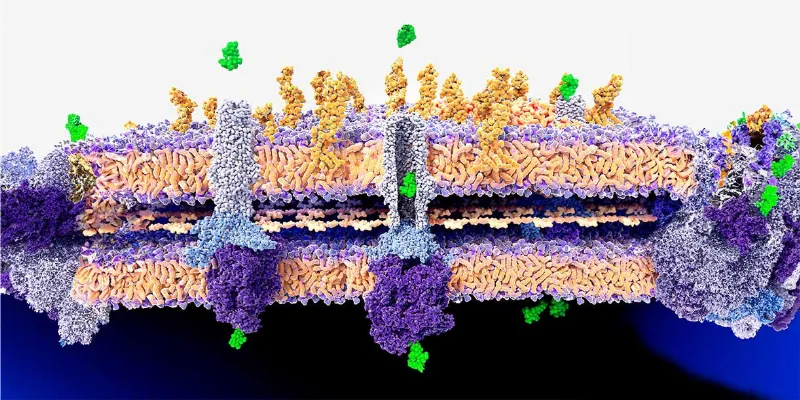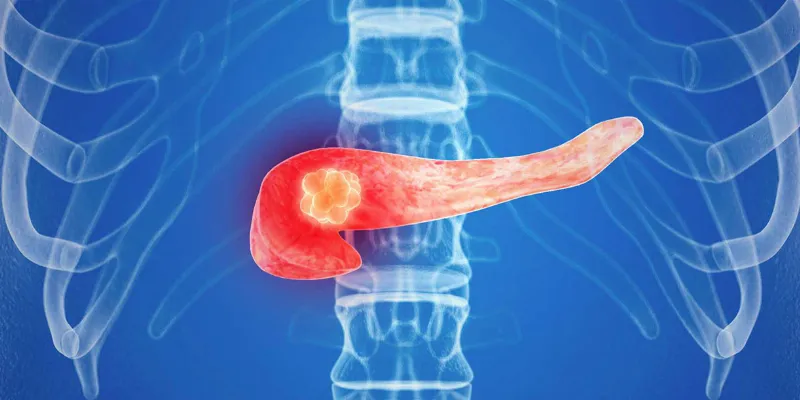Innocan Pharma's New Discovery Bolsters cannabidiol Research

24 October 2023
In a significant advancement in global CBD research, Innocan Pharma has reported a novel finding concerning the metabolism of cannabidiol (CBD). Recent studies have unveiled that certain animals, when given a liposomal CBD injection, metabolize CBD similarly to humans. This discovery suggests that experimental results from these animals could provide insights directly applicable to human CBD metabolism.
Innocan Pharma has revealed that its liposomal CBD injection allows animals to metabolize CBD similarly to humans, a discovery that could aid in FDA drug approvals.
"This groundbreaking discovery, is not unique to our LPT-CBD and can be implemented on these animals using other Cannabidiol (CBD) delivery methods. This is an important piece of the puzzle, which expected to not only facilitate our application for FDA approval, but also open new horizons for global medical research with CBD. We are committed to using this knowledge to offer innovative health solutions for humans and animals that could go beyond currently known applications." said Iris Bincovich, CEO of Innocan Pharma.
The practical implications of this research are already manifesting. Post-injection, various animal species exhibited pain relief that lasted for several weeks, underscoring the transformative potential of the liposomal CBD formulation on animal health and possibly, in the future, human healthcare.
A study in the Frontiers in Veterinary Science Journal also showed that dogs with osteoarthritis treated with this injection experienced prolonged pain relief and increased activity. This liposomal-CBD formulation could revolutionize pain management in animals and holds promise for human applications. This discovery could pave the way for improved applications to the FDA for new drug approvals, as understanding the pharmacodynamics (PD), pharmacokinetics (PK), and safety of a drug is crucial.
Furthermore, a recent clinical study, emphasized the therapeutic benefits of liposomal-CBD for dogs suffering from osteoarthritis. The study involved six dogs with osteoarthritis who had shown no response to conventional medications. These dogs were treated with a single injection of five mg/kg liposomal-CBD. Observations over the subsequent six weeks showcased prolonged CBD detection in plasma and a significant reduction in pain levels.
The primary outcome was a reduction in pain and an enhancement in overall wellbeing, making this formulation a potential game-changer for pain management strategies in dogs with osteoarthritis. All these findings collectively underscore the potential of liposomal-CBD as an effective and safe therapeutic agent, not just for animals but possibly for humans as well.
Therapeutic efficacy and pharmacokinetics of liposomal-cannabidiol injection: a pilot clinical study in dogs with naturally-occurring osteoarthritis
Abstract / Introduction: Osteoarthritis is a common disease in dogs resulting in chronic pain and decreased wellbeing. Common analgesics such as non-steroidal anti-inflammatories may fail to control pain and can produce major adverse effects. Study objectives were to evaluate pharmacokinetics, therapeutic efficacy, and safety of subcutaneous liposomal-cannabidiol (CBD) as an additional analgesic therapy in dogs suffering from naturally-occurring osteoarthritis.... Results: CBD plasma concentrations were observed for 6 weeks; median (range) peak plasma concentration (Cmax) was 45.2 (17.8–72.5) ng/mL, time to Cmax was 4 (2–14) days and half-life was 12.4 (7.7–42.6) days. Median (range) collar activity score was significantly increased on weeks 5–6; from 29 (17–34) to 34 (21–38). Scores of wellbeing and pain evaluations were significantly improved at 2–3 weeks; from 69 (52–78) to 53.5 (41–68), and from 7.5 (6–8) to 5.5 (5–7), respectively. The main adverse effect was minor local swelling for several days in 5/6 dogs. Conclusion: Liposomal-CBD administered subcutaneously produced detectable CBD plasma concentrations for 6 weeks with minimal side effects and demonstrated reduced pain and increased wellbeing as part of multimodal pain management in dogs suffering from osteoarthritis. Further placebo-controlled studies are of interest.











Comments
No Comments Yet!